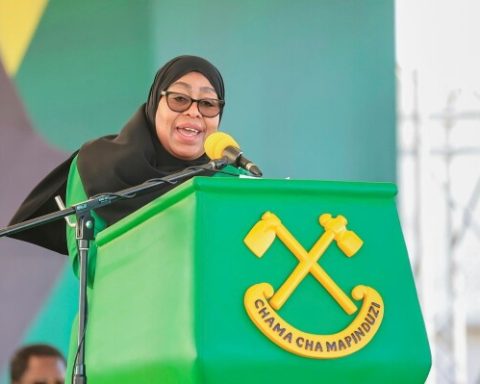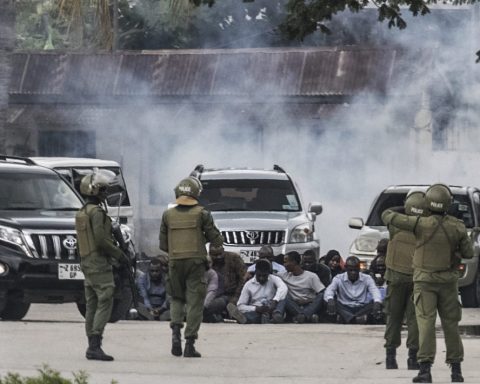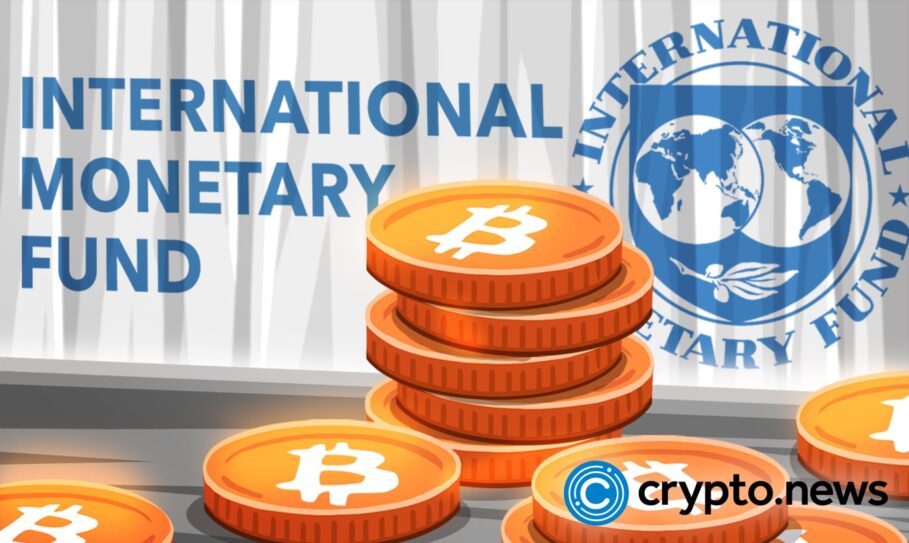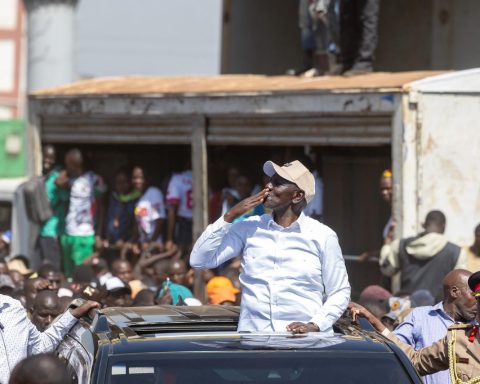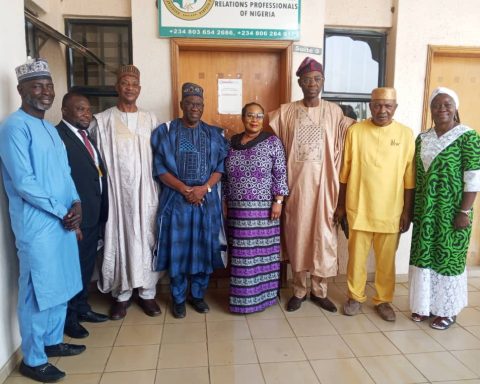World Bank report has brought to light the alarming reality faced by developing nations, particularly Nigeria and Tanzania, as they grapple with the burden of debt servicing.
Over the past four decades, these countries collectively funneled a colossal $441 billion into servicing their debts, diverting crucial funds away from pivotal sectors like education, healthcare, and environmental conservation.
Join our WhatsApp ChannelThe report, emphasizing Nigeria’s reception of $2.9 billion and Tanzania’s $2.7 billion in fresh loans from the World Bank in 2022, sheds light on the precarious situation these countries find themselves in due to burgeoning debt.
According to the Debt Management Office’s external debt stock report, Nigeria owed the World Bank $14.51 billion as of June 30, 2023.
The World Bank’s International Debt Report for 2023 sounded the alarm on the looming crisis, stressing that escalating global interest rates have amplified debt-service payments.
READ ALSO: World Bank To Allocates $5bn To Empower 100 Million Africans Through Electricity Initiatives
This surge in servicing costs, a 5% increase from the previous year, has severely constrained the ability of these nations to address essential needs.
Of particular concern is the plight of the 75 countries eligible for support from the World Bank’s International Development Association, where debt-servicing costs skyrocketed to a record $88.9 billion in 2022.
Shockingly, interest payments for these countries have quadrupled over the past decade, reaching an unprecedented high of $23.6 billion in 2022. Forecasts predict an alarming 39% surge in debt-servicing costs for the 24 poorest countries in 2023 and 2024, exacerbating an already dire situation.
Rising interest rates have made developing nations increasingly vulnerable to debt crises, as indicated by a spike in sovereign defaults affecting ten developing nations in the past three years. Approximately 60% of low-income nations now face imminent risk of entering debt distress or are already embroiled in it.
The World Bank underscores the impact of a strengthening US dollar, which further compounds the financial strain by escalating debt service payments for these countries. This predicament has limited the availability of new financing options, exacerbating the already precarious situation.
Expressing concern over the crisis, Indermit Gill, the World Bank Group’s Chief Economist and Senior Vice President warned that escalating debt levels and soaring interest rates have set many countries on a distressing path.
He emphasized the urgent need for coordinated action among debtor governments, private and official creditors, and multilateral financial institutions. This includes the imperative for enhanced transparency, improved debt sustainability tools, and expeditious restructuring arrangements to avert what Gill described as “another lost decade.”
The report’s findings paint a picture of the financial vulnerabilities faced by developing nations in the face of escalating debt and soaring interest rates, urging immediate and concerted efforts to avert a looming crisis that threatens to stifle vital investments in these countries.
Emmanuel Ochayi is a journalist. He is a graduate of the University of Lagos, School of first choice and the nations pride. Emmanuel is keen on exploring writing angles in different areas, including Business, climate change, politics, Education, and others.




